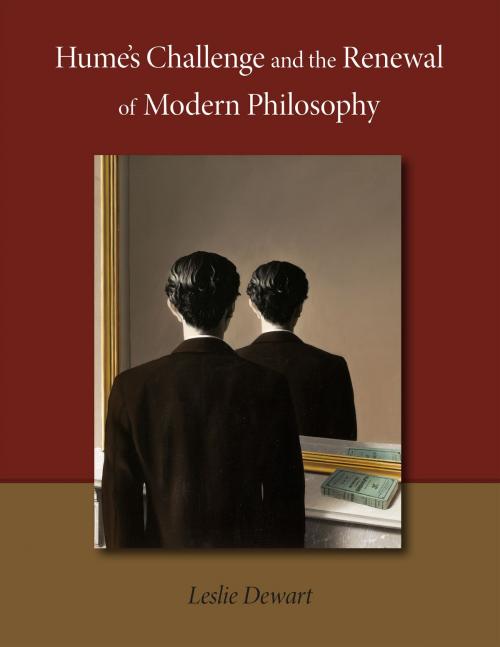Hume's Challenge and the Renewal of Modern Philosophy
Nonfiction, Religion & Spirituality, Philosophy| Author: | Leslie Dewart | ISBN: | 9781483572079 |
| Publisher: | BookBaby | Publication: | June 30, 2016 |
| Imprint: | BookBaby | Language: | English |
| Author: | Leslie Dewart |
| ISBN: | 9781483572079 |
| Publisher: | BookBaby |
| Publication: | June 30, 2016 |
| Imprint: | BookBaby |
| Language: | English |
"Three hundred and fifty years after the death of René Descartes, the elementary issues raised by the founder of modern philosophy about the nature of the mental functions and activities of human organisms - or the 'mind,' as he thought of such functions - could not be said to have been resolved. Questions about the nature of consciousness are the prime example." Thus begins Leslie Dewart's exploration of the current state of philosophy, its origins and its possible future. Drawing on physics, evolution, linguistics, psychology, morality and in particular on the historic development of philosophical thought, Dewart's work offers profound and often disturbing insights in a "stunning and incisive analysis of what constitutes a human being. Political and social implications are rife as one reflects on exactly what the author is suggesting as our most fundamental responsibilities in a world where we are fully and engagingly conscious." [From the Foreword by Cajeten Menke]
"Three hundred and fifty years after the death of René Descartes, the elementary issues raised by the founder of modern philosophy about the nature of the mental functions and activities of human organisms - or the 'mind,' as he thought of such functions - could not be said to have been resolved. Questions about the nature of consciousness are the prime example." Thus begins Leslie Dewart's exploration of the current state of philosophy, its origins and its possible future. Drawing on physics, evolution, linguistics, psychology, morality and in particular on the historic development of philosophical thought, Dewart's work offers profound and often disturbing insights in a "stunning and incisive analysis of what constitutes a human being. Political and social implications are rife as one reflects on exactly what the author is suggesting as our most fundamental responsibilities in a world where we are fully and engagingly conscious." [From the Foreword by Cajeten Menke]















